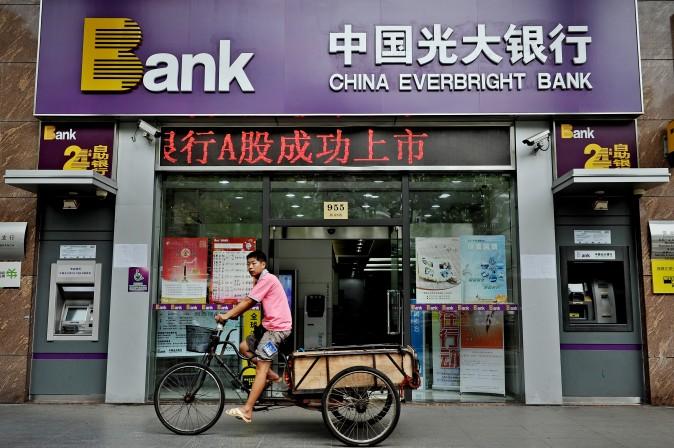Citigroup Inc., one of the largest global banks, announced it is under investigation by the U.S. Securities and Exchange Commission (SEC) for hiring candidates based on their relationships with foreign government officials.
In a regulatory filing on Feb. 24, Citigroup announced that the SEC and other agencies are probing “the hiring of candidates referred by or related to foreign government officials.” The bank did not disclose what countries or officials are involved.
The latest inquiry into Citigroup follows and resembles investigations into other global banks and their hiring of so-called “princelings,” or children of government officials or heads of state-owned enterprises in Asia. Companies have hired princelings in hope of winning business from local politicians or business executives, mostly in China.
Such probes into a widespread industry practice have long been expected, but they serve to further crimp the competitiveness of Western banks in an increasingly difficult market.
Starting in 2014, global banks including Goldman Sachs, UBS, HSBC, and Credit Suisse have received letters from the SEC seeking information related to their hiring practices in Asia. The practice is widespread beyond the banking sector: San Diego-based chipmaker Qualcomm, for example, reached a $7.5 million settlement with the SEC last year after it was investigated for hiring princelings.
‘Quid Pro Quo’
Last November, New York-based JPMorgan Chase agreed to pay over $264 million to settle U.S. probes into its hiring of children of well-connected officials and executives in China. JPMorgan was the first global bank to settle with U.S. authorities over hiring practices in China.
“JPMorgan engaged in a systematic bribery scheme by hiring children of government officials and other favored referrals who were typically unqualified for the positions,” said Andrew Ceresney, former director of the SEC’s Enforcement Division, in a press release after the JPMorgan settlement.
According to SEC records, JPMorgan bankers kept spreadsheets to track the hiring of princelings and the new business brought in by these relationships. An email from a Hong Kong banker—who copied then-head of JPMorgan’s Asia-Pacific investment banking—even inquired upon how to “get the best quid pro quo” deal from the parents of such princelings.






